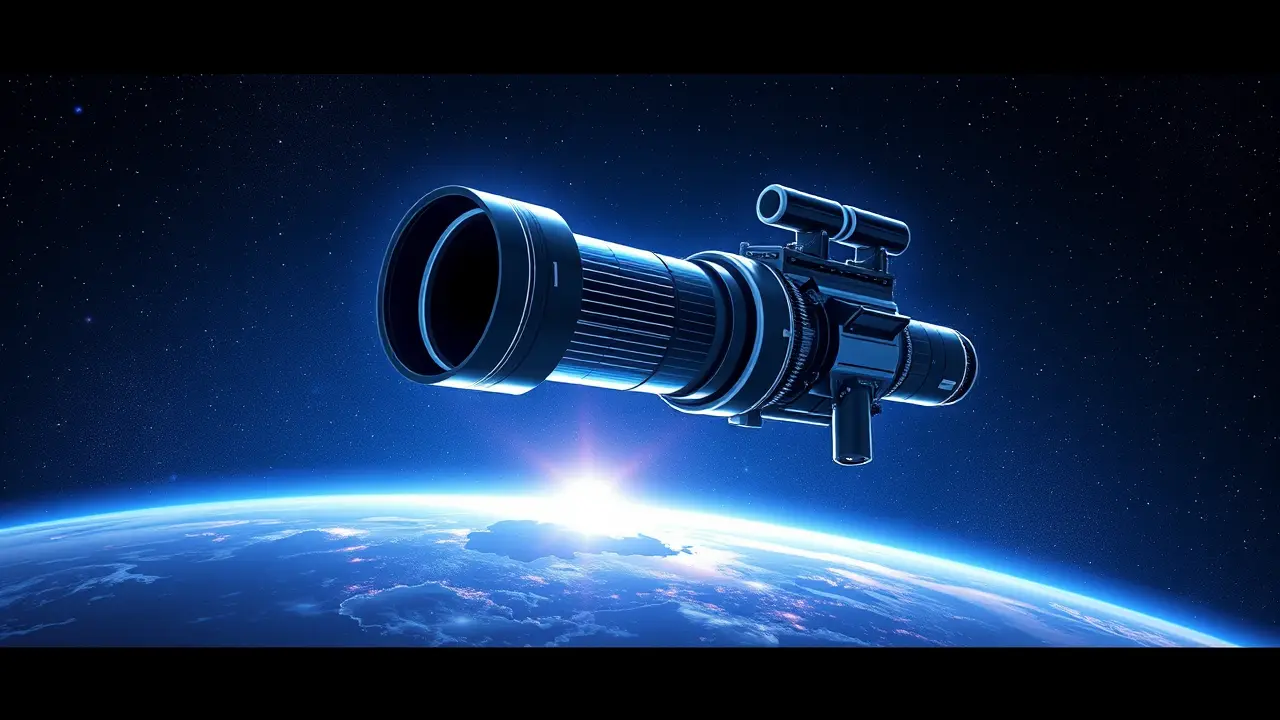
Sciencespace & astronomySatellites and Telescopes
China-Argentina Radio Telescope Delayed Amid US Political Pressure.
TH
Thomas Green
1 day ago7 min read
Perched high in the Argentine Andes, the China-Argentina Radio Telescope (CART) was poised to become a celestial lighthouse for the Southern Hemisphere, a monumental single-dish instrument designed to peer into the cosmic abyss and unravel mysteries from dark matter to the origins of distant galaxies. This ambitious project, a testament to long-term scientific partnership between Beijing and Buenos Aires, now finds its gaze tragically earthbound, ensnared in the gritty political friction between superpowers.The delay is a stark reminder that even humanity's most profound quests for knowledge are not immune to terrestrial power struggles, echoing historical precedents where scientific collaboration became collateral damage in geopolitical standoffs. The CART's predicament mirrors the tensions of the Cold War space race, yet with a modern twist: today's battlefield extends into scientific infrastructure and technological dominance.US political pressure, likely rooted in broader concerns over China's expanding global influence and technological espionage capabilities, has effectively stalled a project that represents a significant leap for astronomical research in Latin America. The implications are profound, potentially setting a dangerous precedent where scientific progress is held hostage by diplomatic maneuvering.Experts in international science policy warn that such interventions could Balkanize global research efforts, creating parallel scientific ecosystems and hindering collective human understanding. For Argentina, the delay is a painful economic and intellectual blow, depriving its scientific community of a world-class facility and the associated prestige.The telescope's massive dish, now silent, symbolizes a lost opportunity for a nation aspiring to become a regional hub for astrophysics. The broader context involves China's Belt and Road Initiative's scientific arm, which has seen similar collaborative telescopes face scrutiny elsewhere, suggesting a coordinated effort to limit Beijing's soft power through scientific achievement.The consequences extend beyond astronomy, potentially chilling other binational tech and research ventures, as nations are forced to weigh scientific benefit against geopolitical alignment. This scenario forces a difficult ethical question: should the pursuit of universal knowledge be subject to the same national security paradigms as trade or defense? As the project remains in limbo, the global scientific community watches with bated breath, hoping that the allure of unlocking the universe's secrets will ultimately triumph over short-sighted political pressure, allowing this magnificent instrument to finally turn its eye to the stars and fulfill its destiny as a beacon of discovery.
#featured
#China-Argentina Radio Telescope
#CART
#US-China relations
#diplomatic pressure
#astronomy
#project delay
#scientific collaboration
Stay Informed. Act Smarter.
Get weekly highlights, major headlines, and expert insights — then put your knowledge to work in our live prediction markets.
Related News
Comments
It’s quiet here...Start the conversation by leaving the first comment.
© 2025 Outpoll Service LTD. All rights reserved.
